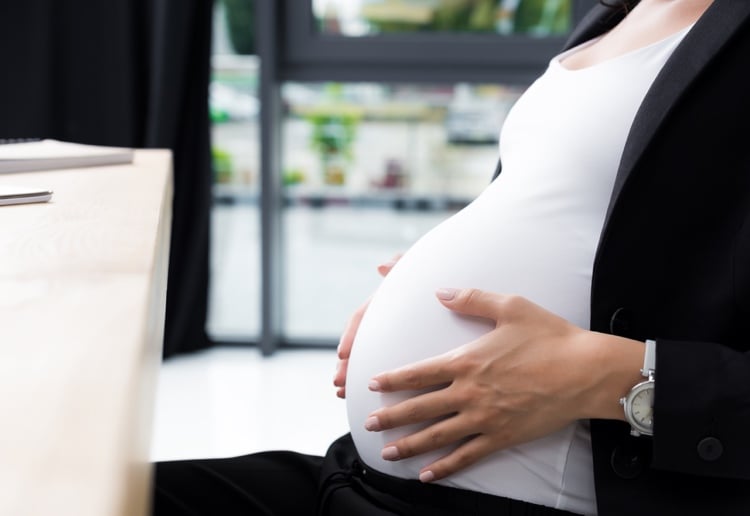Researchers from Ben-Gurion University of the Negev and Soroka University Medical Centre, examined complications of pregnancies in women over 50 and determined that it is just as safe to give birth after age 50 as age 40 without endangering the mother or the baby.
The researchers examined the complications of pregnancies among women over the age of 50 and the question of whether women who give birth at these ages are at increased risk for both themselves and the fetus compared with younger mothers.
The team included: Dr. Eyal Sheiner, director of the Department of Obstetrics and Gynecology at Soroka and vice dean for student affairs at BGU’s Faculty of Health Sciences (FOHS); Dr. Gali Priante and Dr. Erez Halevy of Soroka and the BGU FOHS, and Dr. Tamar Wainstock, of BGU’s School of Public Health in FOHS.
The researchers found that thanks to medical and technological advancements—including extracellular fertilization and egg donation—the age at which a woman can give birth has gradually increased.
“It turns out that 50 is the new 40 when it comes to childbirth,” according to Dr. Sheiner. “There is no doubt that medical teams will need to handle increasing numbers of birth for women over age 50.”
The study included 242,771 deliveries at Soroka, of which 234,824 (96.7 percent) occurred in women younger than 40. The rest occurred in women from age 40 to 50 and older. It focused mainly on whether women found themselves during pregnancy and childbirth with complications such as premature births, gestational diabetes, hypertension, and cesarean sections. The study also examined if the newborn suffered from poor physical condition, mortality or distress during labor.
The researchers concluded that all complications were higher among women over 40 who gave birth to children compared with those who gave birth below that age. Remarkably, there was no escalation of complications in women over the age of 50, compared with women who gave birth between the ages of 40 and 50. Dr. Sheiner still advises to treat the pregnancies of women over the age of 40 as high-risk, and even more so, the pregnancies of women over 50. Special emphasis should be placed on tracking fasting glucose and pregnant blood pressure for early detection of complications.
According to Dr Sheiner, pregnancies of women over the age of 40 should still be considered “high risk”. And that’s even more the case for those over 50. “But it turns out that the risk is not much higher as the woman gets older,” he said.
Hillary Rorison, Midwifery Advisor at the Australian College of Midwives, notes that it’s important women don’t interpret this research as saying that having a baby after 50 is without risk.
“It’s unwise to say no there’s no health consequences,” she says, adding that what the research actually shows is that the risk of complications for women over 50 is the same as complications for mums 40 and over.
“It falls within that same risk category, “Mrs Rorison says, adding that we know there’s an increased risk for women in this group.
Share your comments below




















11:24 am
11:45 pm
10:53 am
11:43 pm
4:02 pm
8:42 am
10:42 pm
6:58 pm
8:28 pm
-

-
-
Ellen replied
- 21 Apr 2019 , 7:30 am

Reply7:11 pm
5:05 pm
-

-
-
Mum2archer replied
- 21 Apr 2019 , 3:39 pm
Reply2:28 pm
2:18 pm
2:05 pm
12:45 am
-

-
-
Mum2archer replied
- 31 Mar 2019 , 3:45 pm
Reply6:13 am
6:03 am
5:51 pm
3:42 pm
9:41 am
- 1
- 2
- 3
- »
Post a commentTo post a review/comment please join us or login so we can allocate your points.